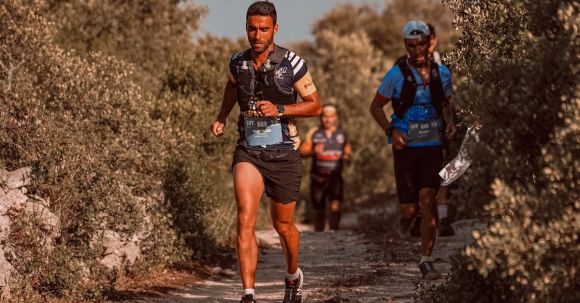In the world of sports, athletes are constantly looking for ways to improve their performance and gain a competitive edge. While general fitness and conditioning are important, sports-specific training takes training to a whole new level. By tailoring workouts and exercises to the specific demands of your sport, you can enhance your skills, prevent injuries, and reach your full potential. In this article, we will explore the benefits of sports-specific training and provide some tips on how to incorporate it into your training routine.
Understanding Sports-Specific Training
Sports-specific training involves exercises and drills that mimic the movements and demands of your particular sport. Rather than focusing solely on general fitness, this type of training targets the specific skills, strength, and mobility required to excel in your chosen sport. Whether you are a basketball player looking to improve your shooting accuracy or a soccer player aiming to enhance your speed and agility, sports-specific training is designed to help you reach your goals.
Benefits of Sports-Specific Training
1. Improved Performance: By focusing on the specific movements and skills of your sport, sports-specific training can help you improve your performance in a targeted manner. Whether it is increasing your power, speed, or accuracy, these tailored exercises can give you a competitive edge.
2. Injury Prevention: Sports-specific training not only enhances your performance but also helps prevent injuries. By strengthening the muscles and joints used in your sport and improving your technique, you can reduce the risk of common sports-related injuries.
3. Faster Skill Acquisition: Sports-specific training allows you to practice the exact movements and skills required in your sport. This targeted practice can help you acquire new skills faster and improve your overall proficiency.
Tips for Incorporating Sports-Specific Training
1. Analyze Your Sport: Start by analyzing the specific movements, skills, and physical demands of your sport. Identify the key areas you want to improve and focus on exercises that target those areas.
2. Mimic Sport-Specific Movements: Incorporate exercises that closely mimic the movements and actions you perform in your sport. For example, if you are a tennis player, incorporate drills that involve quick lateral movements and explosive racquet swings.
3. Mix It Up: Vary your training routine to include a mix of sport-specific exercises and drills. This will not only keep your workouts interesting but also challenge your body in different ways, leading to better overall performance.
4. Seek Professional Guidance: If you are new to sports-specific training, consider seeking guidance from a sports coach or trainer who specializes in your sport. They can provide valuable insights, develop a tailored training program, and ensure that you are performing exercises correctly.
5. Prioritize Recovery: Sports-specific training can be intense, so it is important to prioritize recovery. Make sure to incorporate rest days into your training schedule, include flexibility exercises, and fuel your body with proper nutrition to support optimal recovery.
In conclusion, sports-specific training is a valuable tool for athletes looking to boost their skills and achieve peak performance. By tailoring workouts and exercises to the specific demands of your sport, you can enhance your performance, prevent injuries, and accelerate your progress. Analyze your sport, mimic sport-specific movements, mix up your training routine, seek professional guidance, and prioritize recovery to make the most of sports-specific training. So, lace up your shoes, hit the gym or the field, and take your athletic abilities to new heights with sports-specific training.





